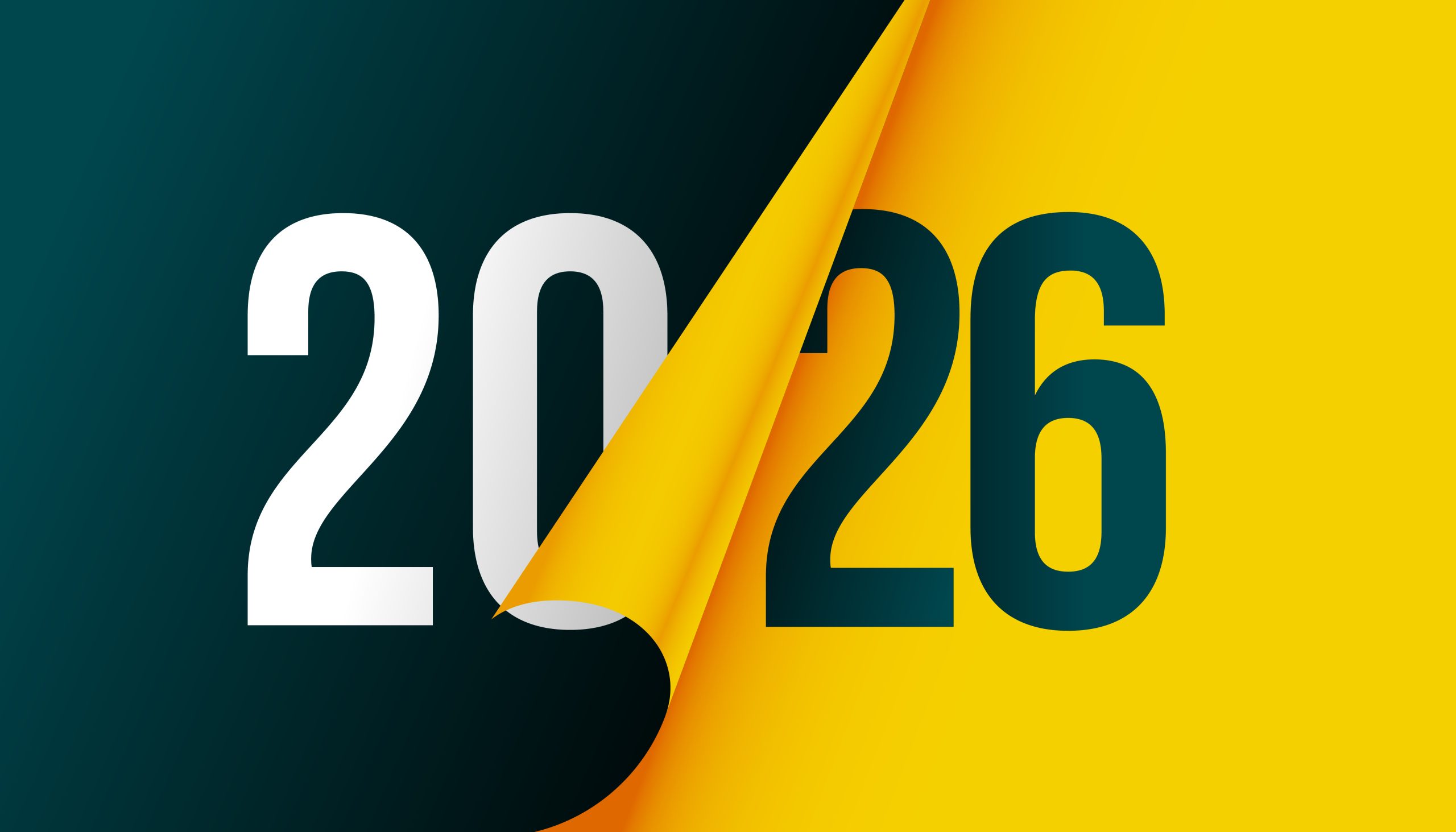Within the marketplace of rival research interests where funding is in short supply, a sound concept will no longer be enough. Translating a research idea into an award-winning proposal involves strategic thinking, disciplined writing, and a coherent alignment with funding priorities. Either as a novice postgraduate researcher or a veteran academic coping with shifting funding environments, this book outlines the steps necessary to turning your research idea into a fundable, useful proposal.
1. Begin with a Sharpened Research Question
Every successful proposal has at its heart an intensely sharpened research question. This is not only a formal requirement—it is your intellectual compass.
A strong question identifies a specific knowledge gap and justifies why it must be filled at this time. Instead of loose goals like “studying climate change,” sponsors will be more inclined to support concrete questions like “investigating the effects of rising sea temperatures on the diversity of coral reefs in the Great Barrier Reef.” Clarity builds credibility. Sponsors are looking for proposals that demonstrate not only novelty but also tractability and relevance to existing issues.
Ask yourself:
• What is the problem this research addresses?
• Why now?
• Why me?
These questions asked of yourself will be a check on quality before the first draft is ever put down.
2. Crack the Funding Landscape
No two funders are identical. Before typing a single sentence, learn about the mission, values, and priorities of your potential funder.
Look at funded research in the past, read their publicly published reports, and pay attention to key language they use to describe impact. This is not a matter of manipulating your research to “fit” artificially, but of presenting it credibly. If a funder is concerned with sustainability, for example, emphasize the environmental dimension of your work without diluting its scholarly foundation.
Proposal writing is as much a strategic exercise as it is scholarly. Those who are successful understand this dual and write with both interests in mind.
3. Tell a Story That Matters
Every good proposal is a story. A good story can take dry scholarly prose and make it an unrefusable argument for the funds.
Well-written proposals contain a strong narrative flow:
• An effective hook that grabs attention
• A problem statement that defines what is at stake
• A new methodological approach
• Expected outcomes and their broader implications
Keep in mind: even technical panels are made up of human beings. They respond to clarity, relevance, and stories that link research to public benefit. Proposals that read fuzzy or too jargon-like have a tendency to leave little mark.
4. Demonstrate Feasibility through Methodology and Timeline
Your proposal should inspire confidence that you will be able to complete it. A sophisticated research idea should be coupled with a realistic plan of implementation.
Good methodology includes:
• Unambiguous coherence with the research issue
• Rationale data collection and analysis plans
• Awareness of ethical and practical issues
• Contingency strategies for anticipated difficulties
Similarly, a detailed, time-phased work plan preferably charted on a Gantt chart can reassure funders that you have thought out the process. Always relate your methodology to the expected outcomes and show how each step gets you closer to the end objective.
5. Take Advantage of the Power of Feedback
No great proposal is ever written in isolation. Effective grantees ask for feedback early and often.
Meet with grant recipients who are mentors, interdisciplinary colleagues who will critique your assumptions, and research support offices to maintain compliance and strategic consistency. Feedback is not diluting your voice—it strengthens your argument and adds muscle to your proposal.
Edit over and over. Approach critique as refinement, not criticism.
Final Reflection: Resilience over Genius
Success in grant writing is not reserved for the smartest—that’s for the most persistent. Every draft is rehearsal in strategic communication; every rejection is a learning experience in alignment and clarity.
Your research vision is worth fighting for, and when properly framed, structured, and told, it can receive the funding it deserves. Remember, behind every funded project is a scientist who once drafted the first word, heard criticism, and didn’t give up.
The journey to funding begins not with a finished proposal but with believing that your ideas matter, and being willing to share them with precision and purpose.
Additional Resources:
- M&G Research Office: +27 31 065 1929
- Proposal Writing Workshops
- Click here for our Training and Mentorship Programs









Leave a Reply